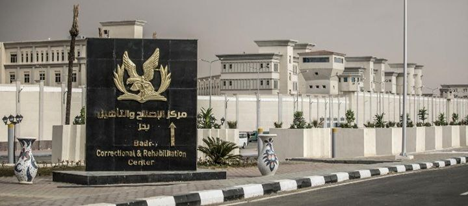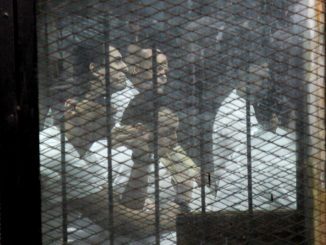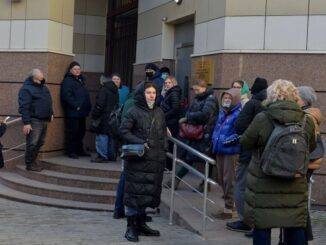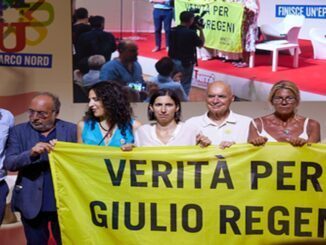
Prisoners of the newly-built Egyptian prisons are being subjected to a highly effective form of sensory deprivation, a part of which being the lights in cells that are kept on 24 hours a day.
Mona seif, sister of Alaa Abdel Fattah, a January Revolution icon, detained for about eight years in Egyptian prisons so far, tweeted saying:
It is clear that all the new prisons in Egypt have a single complaint (as with Alaa Abdel Fattah): The neon lights are switched on for 24 hours in cells because of the cameras.
“Someone may tell the Sisi regime that exposing people to 24 hours of lighting damages their nervous system and amounts to torture (even if this is not the original intention),” she added.
These lights in cells are kept on 24 hours a day, supposedly to enable the prison’s administration visual contacts with these cells for 24 hours non-stop. Despite the excuses of the need to watch inmates via the cameras installed there, however, this just masks a program of mental oppression, even if denied.
In reality, these lights are kept on in order to interrupt prisoners’ natural sleeping patterns, where prisoners are kept continually tired, causing them to become less resistive and more passive prisoners.
Prisons’ dire conditions
According to Amnesty International, prison officials in Egypt subject prisoners of conscience and others held for political reasons to torture, cruel and inhuman conditions of detention and are deliberately denying them health care to punish dissent.
The rights watchdog highlighted how prison authorities’ callousness has led or contributed to deaths in custody and irreparable harm to prisoners’ health.
“Prison officials show utter disregard for the lives and wellbeing of prisoners crammed into the country’s overcrowded prisons and largely ignore their health needs. They leave it to the prisoners’ families to provide them with medication, food and cash to buy basics like soap and inflict additional suffering by denying them adequate medical treatment or timely transfer to hospitals,” said Philip Luther, Amnesty International’s Middle East and North Africa Research and Advocacy Director.
“The authorities go further in intentionally depriving men and women detained solely for exercising their human rights and others held for political reasons health care, adequate food, and family visits. It is deplorable that the Egyptian authorities are seeking to intimidate and torment human rights defenders, politicians, activists and other actual or perceived opponents by denying them health care. When the denial causes severe pain or suffering and is a deliberate act for the purpose of punishment, it constitutes torture.”
The Egyptian authorities refuse to disclose the numbers of prisoners in the country. Estimates put the number at 114,000, over double the prison capacity of 55,000 indicated by President Abdalfatah al-Sisi in December 2020.
The number of prisoners mushroomed after the ouster of late former President Mohamed Morsi in July 2013, leading to severe overcrowding. In the 16 examined prisons, hundreds of detainees are crammed into overcrowded cells with an estimated average 1.1m² floor space available per prisoner, much less than the 3.4m² minimum recommended by experts.
Prisons authorities operate with little to no independent oversight. Prosecutors have the authority to carry out unannounced visits to places of detention, but rarely do so and generally ignore prisoners’ complaints.



